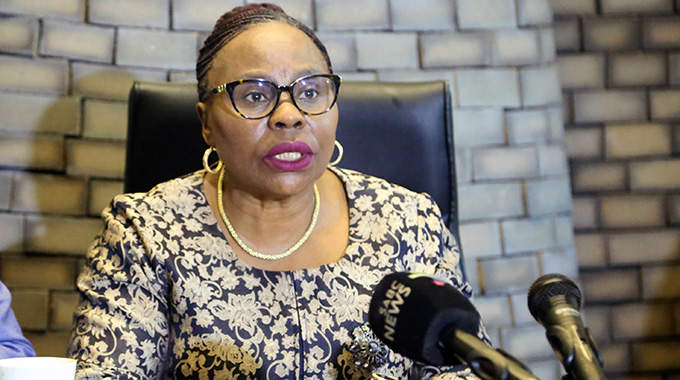Maize imports stepped up

Nesia Mhaka Herald Correspondent
Maize imports are being increased to beat shortages caused by drought, while large sums of money are being set aside to ensure the maize reaches the intended beneficiaries.
According to the Reserve Bank of Zimbabwe’s (RBZ) latest monthly report, Treasury spent US$1,5 million on maize imports in August, but the figure shot up to US$4 million in September, with the Government saying higher imports were in the pipeline to cope with not only last season’s drought, but what is likely to be an inadequate harvest this season.
Maize imports boost local supplies for both food handouts and subsidised roller meal, which are part of a raft of social safety nets to improve the lives of ordinary Zimbabweans.
Recently, the Government said it was working closely with development partners in expanding urban and rural food distribution to include food-insecure households in more districts countrywide.
This comes amid warnings of poor crop performance due to the prevailing dry spell, with the World Food Programme (WFP) warning that Zimbabwe was facing its worst hunger crisis in a decade, with more than half the population being food insecure.
The Government has set aside $1 billion for the programme, while WFP has so far mobilised resources to cater for 100 000 food-insecure households and launched an appeal for additional funding to assist a further 100 000.
Information, Publicity and Broadcasting Services Minister Monica Mutsvangwa yesterday said the Government would continue allocating more money to maize imports, particularly for the period January to April.
“As you can see, climate disaster shows no signs of letting up, and forecasts indicate another poor harvest in April, with below normal rainfall recorded, and Government will continue to import maize so that everyone will get food,” she said.
“Our country was hit by drought last year and maize harvest dropped by almost 50 percent and now the Government will make sure that food is available, especially in difficult months such as January to April.
“Government will keep on increasing money for maize imports since the sky is not promising enough rains.”
In a Press statement, WFP deputy country director in Zimbabwe Mr Niels Balzer said the organisation will this year double the number of the vulnerable accessing food aid.
“The WFP is planning to increase the number of people it is helping to 4,1 million by January, over double the number it currently helps, by providing life-saving rations of cereal, pulses and vegetable oil, in addition to a protective nutrition ration for children under five years,” he said.
Mr Balzer said WFP was in urgent need of funds to meet the increasing needs of the people who have been most affected by drought.
“As things stand, we will run out of food by end of February, coinciding with the peak of the hunger season — when needs are at their highest,” he said.
“Firm pledges are urgently needed as it can take up to three months for funding commitments to become food on people’s tables.”









Comments